On Fisk: Preventing future wars – Erasing colonial borders
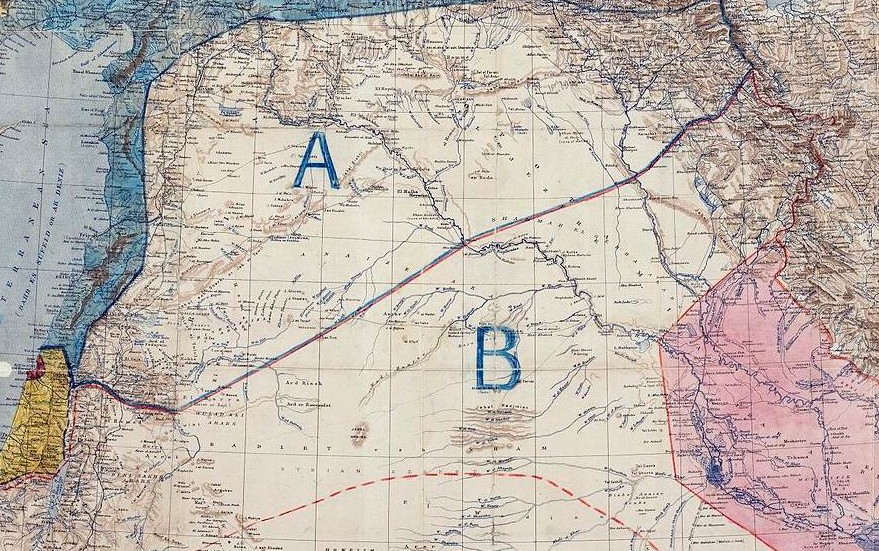
Learn more about the Sykes-Picot Agreement on Wikipedia
Last November in The Indepependent, esteemed journalist Robert Fisk concluded that traditional wars waged in foreign countries, far from family and friends safe at home, are no longer possible, as proven by domestic terrorist attacks. Read the full article here.
He blames our previous wars for creating artificial boundaries and institutions considered worthless or harmful by those subjugated. And Fisk suggests that we should replace war with judicial responses: arrest, court, prison sentences and the opportunity for rehabilitation for those who commit crimes against humanity.
Don’t have time to read the full article? Here is the last paragraph:
“We are always declaring ourselves “at war”. We are told to be merciless. We must invade “their” territory to stop them invading ours. But the days are long gone when we can have foreign adventures and expect to be safe at home. New York, Washington, Madrid, London, Paris all tell us that. Perhaps if we spoke more of “justice” – courts, legal process for killers, however morally repugnant they may be, sentences, prisons, redemption for those who may retrieve their lost souls from the Isis midden – we would be a little safer in our sceptered continent. There should be justice not just for ourselves or our enemies, but for the peoples of the Middle East who have suffered this past century from the theatre of dictatorships and cardboard institutions we created for them – and which have helped Isis to thrive.”
Discussion questions:
Can you imagine the UN playing a role in redrawing colonial boarders in an effort to prevent future conflict? Does this fit your vision of what the UN should be doing?
What do you think if Fisk’s envisioned judicial process for those who perpetuate conflict?
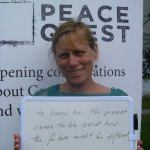



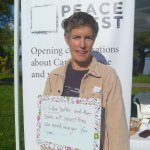
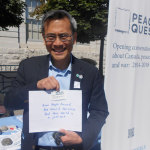
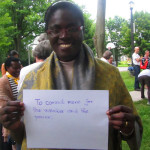
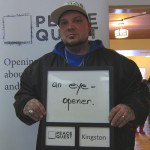
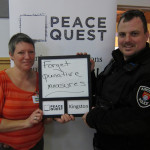
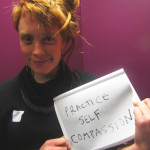
Jeff Piker
February 4, 2016 @ 6:49 pm
Thanks so much, Judi, for yet another valuable blog posting. Thanks, too, for your reference and link to the incredibly penetrating Robert Fisk article.
I get so much from his writing — I’m always looking for it and never finding enough of it. Actually I think I’ve been looking for exactly this article for a long time (without knowing it) — ever since I’ve started to become more aware of how the legacy of the Sykes/Picot ‘pact’ at the end of W.W. I produced the geopolitical context in which so much of the current Middle East ‘upheaval’ is rooted. (I can likely blame Jamie Swift and Ian McKay for focusing my thoughts in this direction. [wink].)
Fisk: “(Lebanese Druze leader, Wallid Jumblat) had spotted at once how ISIS captured symbolically – but with almost breathtaking speed – what so many Arabs had sought for almost exactly 100 years: the unravelling of the fake borders with which the victors of the First World War – largely the British and the French – had divided the Arab people. It was our colonial construction – not just the frontiers we imposed upon them, but the administrations and the false democracies that we fraudulently thrust upon them, the mandates and trusteeships which allowed us to rule them – that poisoned their lives.”
You ask two important questions: (1) Whether the U.N. can and should have a role in redrawing colonial borders, to prevent future conflct? (2) Whether Fisk’s suggestion of a ‘judicial process’ for “…killers, however repugnant they may be…” is preferable to our current strategy of ‘boots on the ground and bomber jets and drones in the air’, to defeat ISIS and generate stability there and around the world?
I’d love to be taking a ‘course’ of some sort which would help me to get a grasp on the complexity and difficulty of these challenges, and consider answers to questions such as yours. I feel so woefully out of my depth.
(1) Ideally, yes, that’s exactly the kind of role I’d like to see the U.N. play in geopolitical struggles in the Middle East and elsewhere. Do I think that the various ‘powers that be’ would let that happen? Not in a million years. So, what’s to be done…
(2) In spite of my tremendous respect for Fisk’s knowledge and insight about the Middle East ‘situation’, my first reaction to the idea of ‘judicial process’ for the ‘perpetrators of conflict’ is…forget it. The U.S. has been continuously at war (overtly or covertly or, most often, both) all around the world at least since the day I was born (the day the Germans invated Holland and Belgium). Can you think of another country in the world that we could say that about? Canada has been (and continues to be) a ‘willing’ ally in lots of those U.S. initiatives. Just who are the ‘perpetraters of conflict’ that he’s talking about? More than that, though: ‘judicial process’ does work fairly well in certain limited contexts — a necessary pre-condition is that everyone involved in the judicial process is in ‘basic agreement’ about the validity of its terms and conditions. Where in the world would that kind of agreement come from these days, regarding Middle East (and other geopolitical) struggles?
I’ll finish by expressing my genuine gratitude that your ‘With a twist’ blog continues to give us so much to think about (and learn about), in our efforts to pursue peace-work as a major part of our lives.